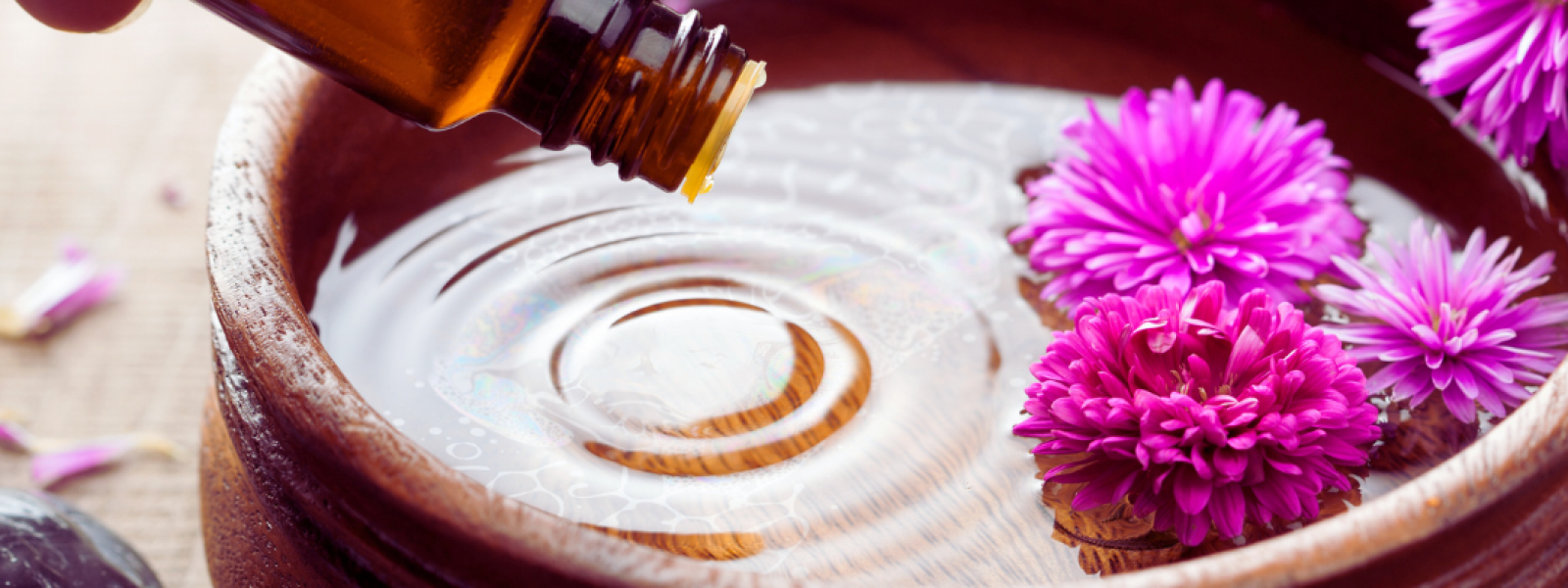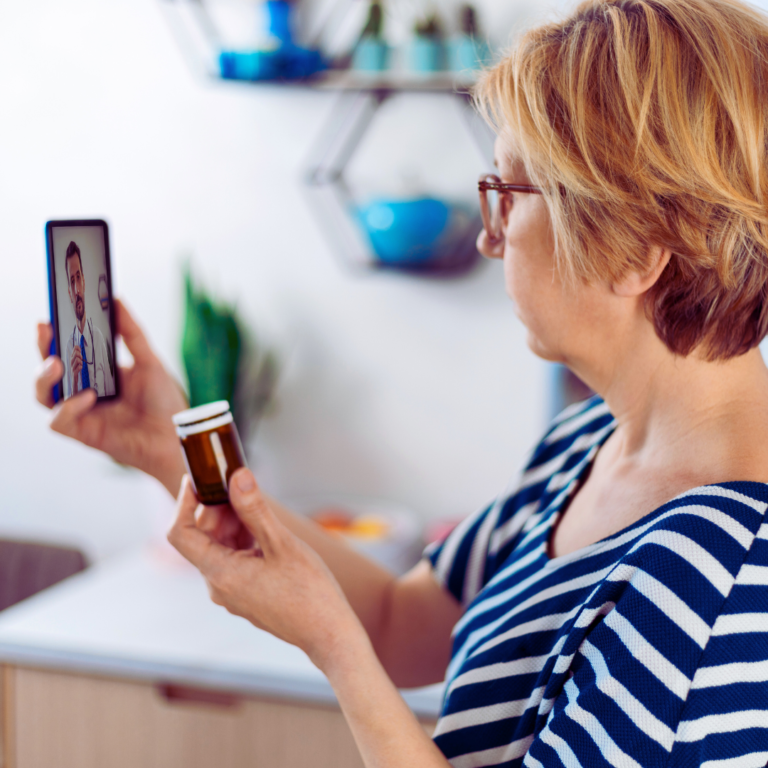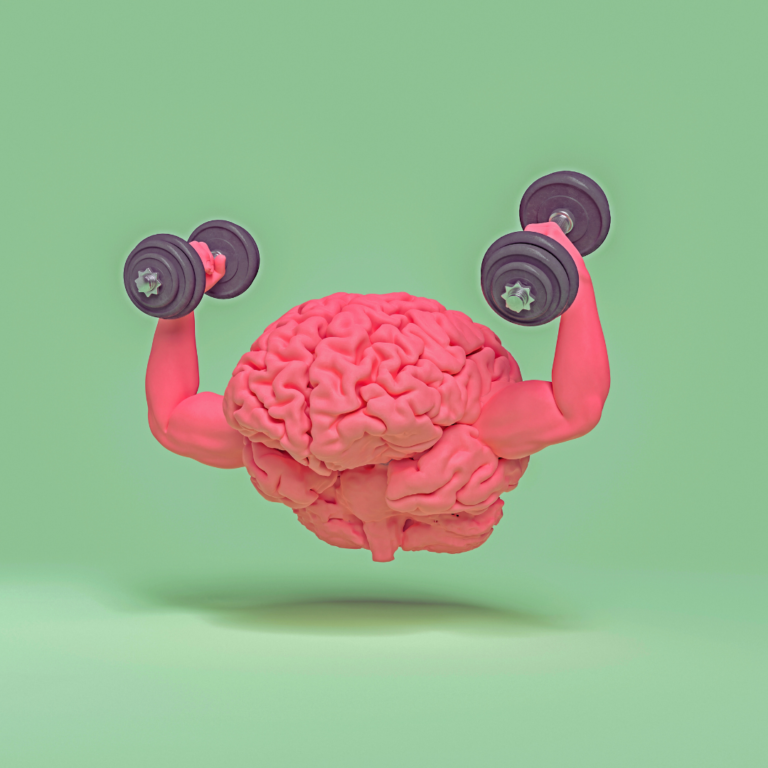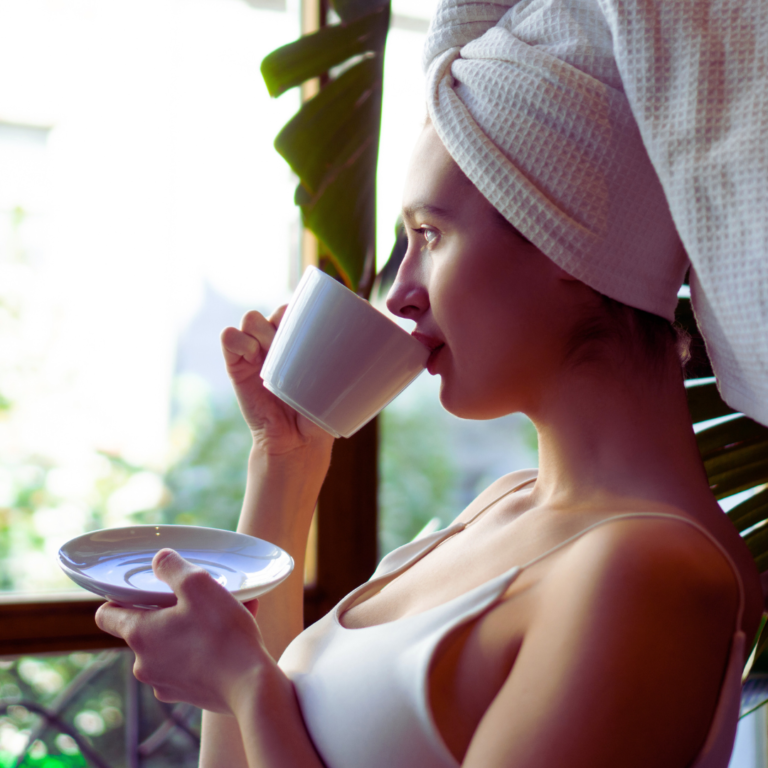Aromatherapy has gained popularity as a natural approach to enhance emotional well-being and promote a positive mood. Various essential oils possess unique properties that can influence one’s feelings and state of mind. Using specific scents can effectively boost mood and support overall emotional health.
Individuals can incorporate aromatherapy into their daily routines through diffusers, topical applications, or even personal inhalers. Lavender, citrus, and peppermint oils are known for their uplifting qualities. Engaging the senses with these fragrances can transform a dull atmosphere into a more optimistic environment.
Understanding how to select and use these essential oils can empower individuals to take charge of their emotional health. By intentionally integrating aromatherapy into their lives, they can create a sanctuary that nurtures their mood and promotes a sense of well-being.
Understanding Aromatherapy and Essential Oils
Aromatherapy utilises the power of essential oils to influence mood and well-being. This section explores the history of aromatherapy, types of essential oils, and the science connecting scent with emotions.
History and Principles of Aromatherapy
Aromatherapy has ancient roots, dating back thousands of years to civilisations such as the Egyptians, Greeks, and Chinese. These cultures used aromatic plants for rituals, medicinal purposes, and beauty. Over time, the practice evolved into a recognised therapy focused on improving psychological and physical health.
The principles of aromatherapy centre on the use of essential oils extracted from plants. These oils are believed to interact with the olfactory system, which plays a crucial role in processing scents. When inhaled, these aromas stimulate the limbic system, the brain region responsible for emotions and memory. This interaction can lead to mood enhancement and improved cognitive function.
Types of Essential Oils and Their Properties
There are numerous essential oils available, each with unique properties beneficial for mood enhancement. Commonly used oils include:
- Lavender: Known for its calming effects, it helps reduce anxiety and promotes relaxation.
- Peppermint: Energising in nature, it can assist with mental clarity and fatigue.
- Citrus oils (like Bergamot): Often uplift the spirits and can alleviate feelings of sadness.
Each oil can be used in various ways, such as through diffusion, topical application, or simply inhalation. Understanding the distinct properties of these oils allows individuals to choose the right ones for their self-care practices.
The Science Behind Scent and Emotion
The connection between scent and emotion is rooted in the brain’s anatomy. When a person smells an essential oil, receptors in the olfactory system transmit signals directly to the limbic system. This bypasses the cognitive areas responsible for analytical thought, leading to immediate emotional responses.
Research indicates that certain scents can evoke specific emotional reactions. For instance, studies have shown that lavender may reduce stress levels, while citrus scents can enhance mood. These findings highlight the potential of essential oils as effective tools for emotional regulation and mood enhancement, facilitating a powerful self-care routine.
Methods of Using Aromatherapy for Mood Enhancement
Aromatherapy offers various methods for improving mood through different applications of essential oils. Each technique can provide unique benefits, allowing individuals to choose approaches that best suit their preferences and needs.
Diffusion and Inhalation Techniques
Diffusion is one of the most popular methods for experiencing aromatherapy. Using essential oil diffusers, individuals can disperse oils into the air, creating a pleasant environment.
Types of Diffusers:
- Ultrasonic Diffusers: Use water and essential oils to create a fine mist.
- Nebulising Diffusers: Use a jet of air to disperse undiluted essential oils for a stronger aroma.
Inhalation can also be effective. Simply putting a few drops of essential oil on a tissue and inhaling deeply can provide immediate mood enhancement. Oils like lavender and bergamot are known for their relaxation properties, while citrus oils tend to uplift and energise.
Topical Application and Massage
Topical application allows for the direct use of essential oils on the skin. It is crucial to dilute essential oils with a carrier oil, such as coconut or jojoba oil, to avoid irritation.
Massage incorporating essential oils can enhance relaxation and boost mood. A few drops of calming oils, like chamomile or frankincense, can transform an ordinary massage into a therapeutic experience.
Applying the blend to pulse points, such as wrists and behind the ears, can aid in rapid calmness throughout the day.
Creating a Calming Atmosphere with Aromatherapy
An effective way to utilise aromatherapy is through creating a calming atmosphere at home. Practising a calming bath can significantly enhance relaxation. Adding a few drops of essential oil, such as lavender or sandalwood, to warm bathwater can provide aromatic benefits as well as a serene bathing experience.
DIY aromatherapy sprays can also help. A simple mixture of water and a few drops of essential oil in a spray bottle can be used to freshen up rooms or linens.
To further enhance the ambience, consider using candles infused with essential oils. This practice not only provides a soothing scent but also creates a visually tranquil environment.
Specific Essential Oils for Emotional Well-Being
Different essential oils possess unique properties that can significantly enhance emotional well-being. These oils play a crucial role in mood enhancement, stress relief, and boosting mental clarity.
Lavender and Calming Scents
Lavender oil is renowned for its calming effects, making it a favourite in aromatherapy. Its soothing aroma helps reduce anxiety and stress, promoting a sense of tranquillity. Studies suggest that inhaling lavender can lower heart rates and cortisol levels, contributing to relaxation.
Other calming oils include chamomile and bergamot. These oils also help create a peaceful environment, making them ideal for bedtime use. Incorporating lavender into a bedtime routine can improve sleep quality and reduce feelings of restlessness. Using a diffuser or adding a few drops to a bath can maximise its calming benefits.
Citrus Oils for Uplifting and Energy
Citrus oils, such as orange, lemon, and grapefruit, are known for their uplifting properties. They can enhance mood and increase energy levels. The bright, zesty scent of these oils can stimulate the mind and combat feelings of fatigue.
Inhaling citrus oils has been linked to improved emotional health, helping to alleviate stress and tension. They are often used during the day to maintain focus and motivation. Citrus essential oils can be added to diffusers or applied topically, ensuring their energising effects are always within reach.
Eucalyptus and Peppermint for Mental Clarity
Eucalyptus and peppermint oils are effective for enhancing mental clarity. Eucalyptus oil clears the mind, promoting focus while relieving mental exhaustion. Its refreshing aroma can invigorate the senses, making it suitable for study or work environments.
Peppermint oil, on the other hand, is known for boosting energy levels and alertness. Its strong scent can provide a quick pick-me-up, especially during periods of fatigue. Together, these oils can be used in a diffuser or inhaled directly for immediate mental clarity and revitalisation.
Incorporating Aromatherapy into Your Self-Care Routine
Aromatherapy can be an effective addition to self-care routines, promoting stress reduction and enhancing emotional balance through calming scents. By integrating specific practices into daily life, individuals can create a serene environment that positively influences their mood and well-being.
Daily Practices for Stress Reduction
Incorporating aromatherapy into daily practices can significantly reduce stress. Using essential oils such as lavender, bergamot, or chamomile in a diffuser creates a calming atmosphere.
Tips for Daily Use:
- Diffusion: Add a few drops of essential oil to a diffuser to disperse calming scents throughout the room.
- Inhalation: Place a drop of oil on a cotton ball and inhale during stressful moments.
- Topical Application: Dilute essential oils with carrier oil and apply them to pulse points for lasting effects.
Creating a consistent routine helps reinforce relaxation and positivity. It can also serve as a reminder to pause and reset during busy days.
Aromatherapy for a Restful Sleep
Aromatherapy can also enhance sleep quality, which is vital for maintaining emotional health. Lavender and sandalwood are particularly effective in promoting restful sleep.
Methods to Promote Sleep:
- Pillow Sprays: Create a spray with distilled water and 5-10 drops of lavender oil, misting it on pillows before bedtime.
- Bath Additive: Add a few drops of essential oil to a warm bath to relax muscles and prepare the mind for sleep.
- Sleep Masks: Infuse sleep masks with calming scents by adding essential oils to cotton pads placed in the mask.
Integrating these practices into the nightly routine fosters an environment that encourages restful sleep.
Balancing Emotional Health with Scent
Certain scents can uplift mood and provide emotional balance. Citrus oils like orange or lemon can invigorate and energise, while earthy scents like vetiver can ground and stabilise.
Strategies for Emotional Well-being:
- Scented Candles: Lighting candles infused with uplifting scents can enhance a positive atmosphere.
- Mood-Boosting Inhalers: Carry a personal inhaler infused with a preferred scent to have on hand during demanding moments.
- Aromatic Walks: Spend time outdoors with essential oils in a personal inhaler, taking in the natural scents around.
By actively engaging with specific scents, individuals can foster emotional balance and improve their overall mood.




